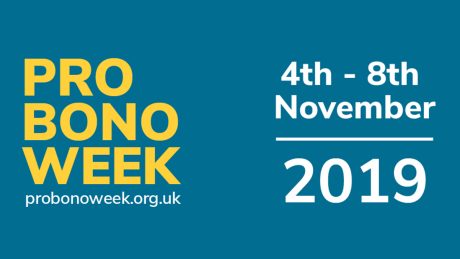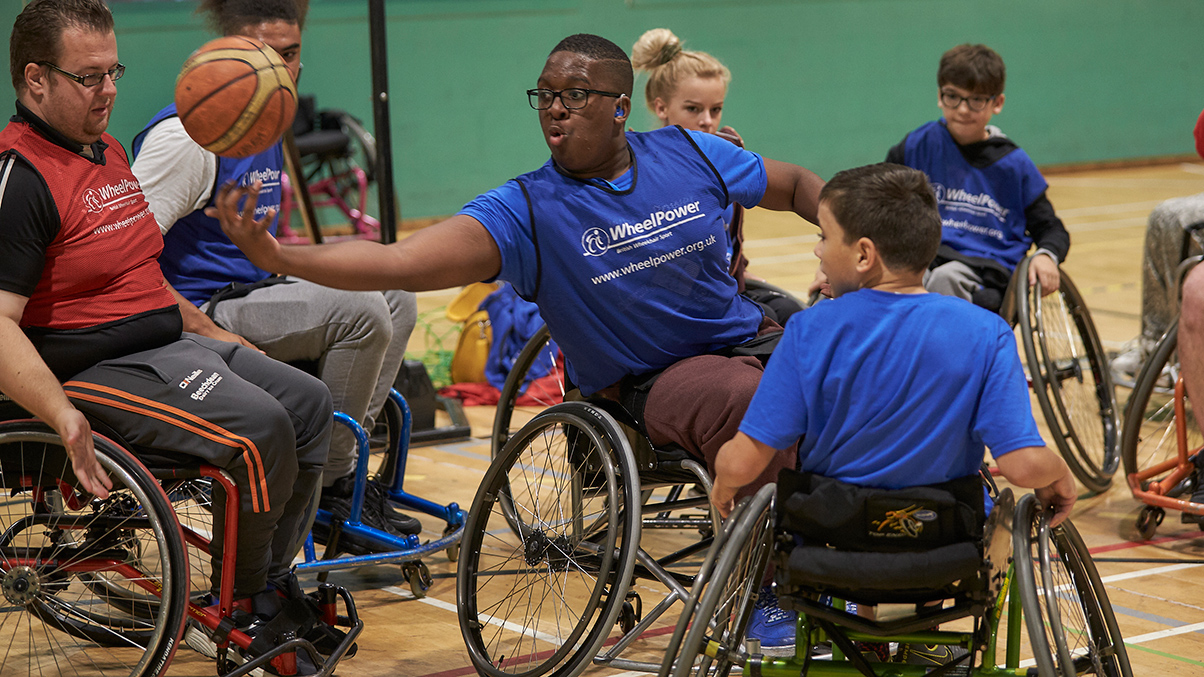Pro Bono Week runs from 4 to 8 November 2019 and is now in its eighteenth year. Pro Bono Week provides an opportunity to encourage and recognise the voluntary contribution of lawyers in giving free legal help to those in need.
Stewarts provides a free and comprehensive legal service as part of its commitment to helping people with a serious injury. We have developed The Legal Service to support patients and their families at a time when independent legal support is most needed but often hard to find.
The Legal Service is provided by Stewarts’ pro bono team as part of the firm’s commitment to help people with a serious injury. The service offers free advice to patients when they need it most.
A theme of this year’s pro bono week is “changing lives through pro bono”. Below, we highlight some of our pro bono clients’ stories and demonstrate how their lives have been changed through pro bono.
A pro bono case study about deputyship from the Court of Protection
Patient A sustained a traumatic brain injury following a fall. As a result of her injury, Patient A was found not to have mental capacity in accordance with the Mental Capacity Act 2005. Unfortunately, due to the severity of her brain injury, Patient A had no chance of recovery and would not regain capacity. The pro bono team at Stewarts stepped in to help her and her husband gain control of their affairs.
Patient A had personal bank accounts and jointly owned a property with her husband that no longer suited her needs. Her husband could not sell the property or access her bank accounts without her consent, which she could not give due to her lack of capacity.
We advised Patient A’s husband to apply to the Court of Protection for a deputyship order, which would allow him to manage her property and financial affairs.
An application for deputyship can be made when an individual lacks the requisite mental capacity to manage their property and financial affairs and they have not executed a lasting power of attorney. A deputyship is a court order which grants the appointed ‘deputy’ power to make ongoing decisions on behalf of the individual who lacks capacity in relation to their property and financial affairs. The application process involves several forms and stages and can take up to seven months.
Firstly, we assisted Patient A’s husband with obtaining a deputyship order to allow him to access Patient A’s bank accounts to pay her care home fees. Patient A’s husband then decided he wanted to sell their home and purchase a property more suitable for his wife so that she could return home to live with him.
We assisted in making a second application to the Court of Protection to grant permission for sale of the property. As the property was jointly owned by Patient A and her husband, we were required to make an additional application to appoint a trustee to represent Patient A’s interest in the property.
This process took over a year and would have cost thousands in legal fees had Patient A’s husband not used our free Legal Service. Patient A is now back living with her husband, in a new property.
This article was written by our paralegal Grace Horvath-Franco
A pro bono case study for a footballer injured and rendered tetraplegic
We initially met the patient at Royal National Orthopaedic Hospital. The patient had dislocated his neck and sustained a serious spinal cord injury while playing football for his local club. He was diagnosed as tetraplegic, meaning that his injury affected the function in all four of his limbs.
The injury left the patient with complete paralysis in his legs and significant paralysis in his arms and hands. He had some movement, but his hands were very weak and he had patchy sensation in his arms, which very much restricted his ability to complete daily tasks.
Stewarts’ pro bono team assisted the patient with a claim under the football club’s insurance policy.
The benefit payable in respect of tetraplegia under this policy was £100,000. The policy defined tetraplegia as complete paralysis of all four limbs. On this basis, the insurers initially offered £50,000 for paraplegia, as the patient only sustained complete paralysis in his lower limbs.
Stewarts assisted the patient in requesting that the insurers use their discretion to increase the offer made to reflect that the injury had rendered him tetraplegic, seriously affecting the function of his arms and hands as well as the complete paralysis of my lower limbs.
The request was successful, and the patient was awarded the full £100,000 under the policy. The patient was extremely grateful and said that the amount was truly life-changing for him. Stewarts’ input allowed the client to recover an additional £50,000.
This article was written by our Senior Paralegal Ralph Johnson
#WeDoProBono
Over the past 10 years, we have provided The Legal Service to patients at a number of NHS trusts, including major trauma and rehabilitation hospitals.
We will provide patients with advice without obligation, for however long it takes to resolve the issue. Our support is available regardless of the circumstances of an accident and regardless of whether a patient has a personal injury claim.
We have expertise in securing funding for rehabilitation both through the compensation claims process and through the NHS. We also have arrangements with private rehabilitation centres to provide instant access to rehabilitation in appropriate cases.
You can find out more about Pro Bono Week here
To get advice from The Legal Service, please contact Kara Smith in the pro bono team at ksmith@stewartslaw.com or on 020 7822 8000.
You can find further information regarding our expertise, experience and team on our Personal Injury pages.






